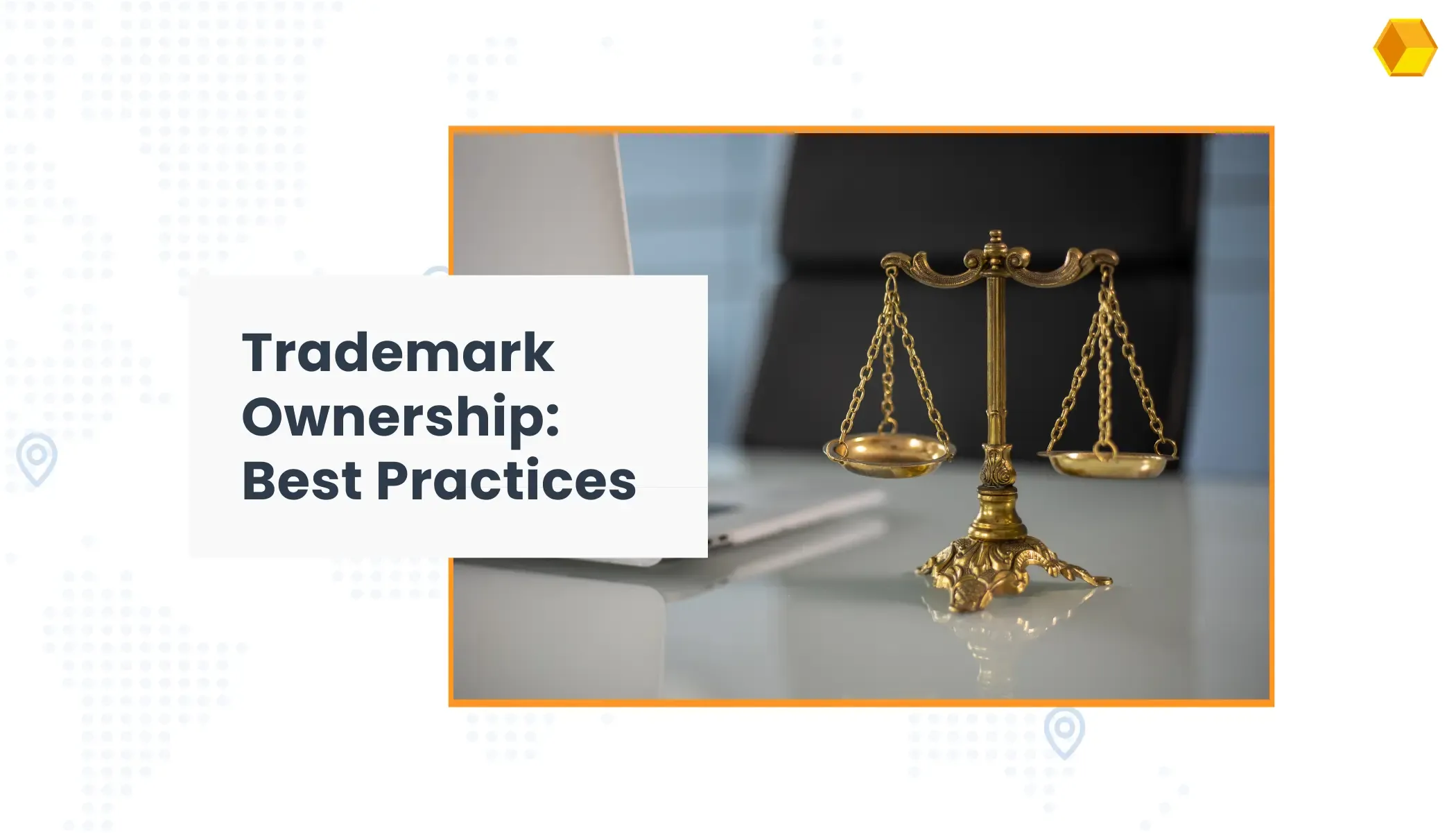
Best Practices for Managing Your Trademark Rights
How can I change my representative, agent or attorney in a trademark matter?
In countries where physical copies of Power of Attorney documents are not necessary, changing a trademark’s representative is fairly easy and will probably not require documentation.
However, in jurisdictions where a Power of Attorney document is required in order for to file a trademark, a new Power of Attorney that complies with the same formalities as the one provided to the previous representative or agent will be necessary. Furthermore, in some jurisdictions, in addition to a new Power of Attorney, a signed letter revoking the previous agent’s authority will be required in order to change representatives.
How can I legally use another person's trademark?
By entering into a license agreement with the registered owner of a trademark, one may acquire the legal right to use another person’s registered trademark in a determined territory in connection to some or all of the goods and/or services associated with the trademark.
What is a trademark license agreement?
A trademark license agreement is a contract in which the owner of a trademark grants a third party the right, which may or may not be exclusive, to use the trademark in commerce in a determined territory and for a determined period of time, for all or some of the goods and/or services for which the mark has been registered. Therefore, the trademark owner does not lose ownership over the trademark and the authorized third parties will be able to legally use a trademark, usually by paying a fee or royalty.
It is highly recommended, before entering into such an agreement, to consult an expert attorney in order to ensure that the terms and conditions of the licensing agreement do not affect the rights of the trademark owner. For example, the contract should ensure that the owner is allowed to exercise quality control over the goods and/or services that the licensee is offering under the trademark in order to prevent the reputation and value of the trademark from deteriorating in the marketplace.
It is highly recommended in many jurisdictions and even required in some that the licensing agreement is registered before the trademark office of the country where the licensing agreement is to have effect.
Do I have to register a trademark license agreement?
Depending on the jurisdictions, a license agreement either can, cannot or must be registered with the local trademark authorities.
If a license agreement is to be registered, a copy of the license agreement will have to be filed before the trademark office, together with the agent or attorney’s Power of Attorney. Depending on the jurisdiction, the contract may have to be notarized and legalized; translation of the document to the local language may also have to be provided.
How can I transfer or assign the ownership of my trademark to someone else?
A registered trademark may be transferred or assigned to another at any time. The requirements to do so may vary in each jurisdiction, but usually include a deed of assignment (transfer contract) signed by both parties (assignor and assignee) and the identification of the trademark (application number, registration number, class and description of products and/or services).
Depending on the jurisdiction, new Powers of Attorney may also be required, as well as the notarization or legalization of the assignment documents and a translation into the local language.
How can I record an assignment or change of ownership of a trademark?
To record a change of ownership before a local registration office, a copy of the transfer document will have to be filed, together with a Power of Attorney when required.
Depending on the jurisdiction, the transfer document may have to be notarized and/or legalized. A translation of the transfer document may also have to be provided.
How can I get another copy of my certificate of registration?
If you require an original copy of your certificate of registration, you may acquire an original or legalized copy directly through a country’s registration office.
The costs of copies of certificates vary significantly from country to country. In countries where the certificates are digital, free copies may be downloaded. Such is the case in the United States and in Switzerland. However, in many cases digital copies will not be sufficient if they need to be filed in legal procedures in other countries. In these cases, it may be necessary to order a certified copy from the trademarks office and the certified copy may have to undergo legalization procedures.
Need help licensing, assigning, or watching your mark? Get end-to-end support with our International Trademark Services.